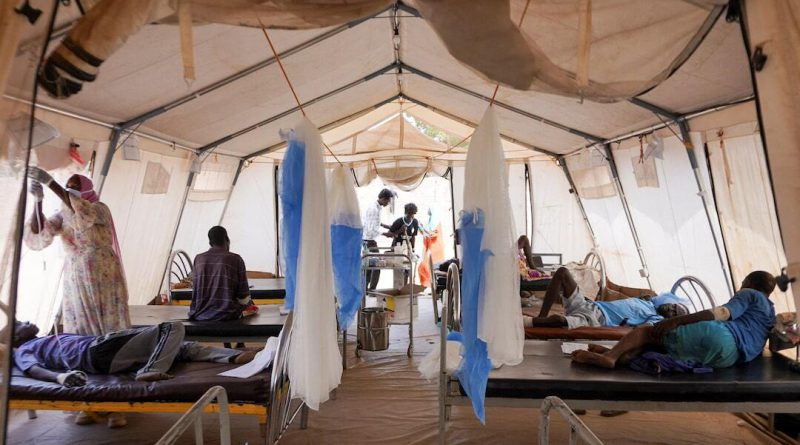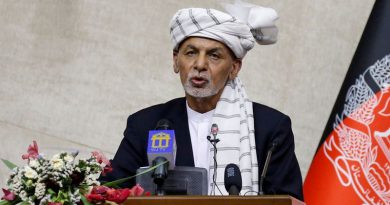Hope Rises as RSF Accepts U.S.-Led Proposal for Humanitarian Ceasefire
A new wave of optimism is sweeping across Sudan as the Rapid Support Forces (RSF) have agreed to a humanitarian ceasefire proposed by the United States and Arab partners.
This development marks an important step toward restoring peace and stability in a nation that has long suffered from conflict and hardship.
The RSF’s acceptance of the ceasefire initiative signals a growing commitment to prioritize humanitarian needs and create a pathway for dialogue.
Their readiness to discuss long-term peace arrangements reflects a positive turn in Sudan’s ongoing efforts to rebuild trust and unity among its people.
The U.S., alongside Saudi Arabia, the United Arab Emirates, and Egypt, has been actively working to promote peace in Sudan. The proposed truce aims to allow safe humanitarian access, deliver aid to affected regions, and pave the way for a sustainable political process.
The international community has welcomed the RSF’s statement, viewing it as a step toward ending the two-and-a-half-year conflict.
The United States reaffirmed its dedication to facilitating negotiations that could help both sides find common ground.
“The RSF looks forward to implementing the agreement and beginning discussions on cessation of hostilities and the principles guiding Sudan’s political process,” the group stated. Such language reflects a renewed tone of cooperation and hope, signaling potential progress for the war-torn nation.
The ceasefire plan aligns with growing global calls for peace and stability across Africa. Neighboring countries and humanitarian organizations have expressed support for a coordinated effort to ease the suffering of civilians, especially in famine-stricken areas.
The proposed truce not only promises to reduce violence but also allows for essential aid delivery to displaced families.
Medical organizations like Médecins Sans Frontières (MSF) continue their tireless efforts to treat victims and provide relief in North Darfur and other regions.
U.S. officials emphasized the urgency of immediate de-escalation to prevent further loss of life and displacement. Their ongoing engagement with both parties reflects the international community’s determination to help Sudan return to peace and stability.
If implemented successfully, this ceasefire could become a foundation for a long-term peace agreement.
Such an achievement would represent a monumental shift for Sudan, offering new opportunities for reconciliation, rebuilding, and development.
Sudanese citizens, weary from years of turmoil, are expressing cautious hope that this truce may finally open a path toward healing.
Community leaders have called on all parties to honor their commitments and protect civilians at all costs.
This agreement demonstrates that diplomacy and humanitarian concern can still prevail even amid deep divisions. By prioritizing peace over conflict, Sudan’s leaders are showing the world that dialogue remains the most powerful tool for change.
International observers view the RSF’s willingness to cooperate as a signal of shifting priorities within Sudan’s leadership. The promise of accountability for past violations and protection of civilians marks a hopeful beginning for a more responsible and transparent approach.
Peace advocates around the world continue to emphasize that lasting stability in Sudan will require unity, patience, and strong international support. With continued cooperation between Sudan, the United States, and Arab nations, the potential for peace grows stronger each day.
This humanitarian ceasefire initiative represents more than a pause in fighting—it symbolizes a chance for renewal. It allows Sudan to look ahead to a future defined by compassion, dialogue, and shared purpose rather than division.
As the world watches closely, this moment may become a turning point in Sudan’s history. Through collaboration and goodwill, the dream of a peaceful and prosperous Sudan feels closer than ever before.



